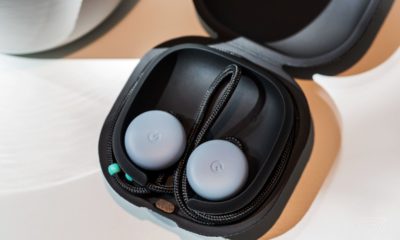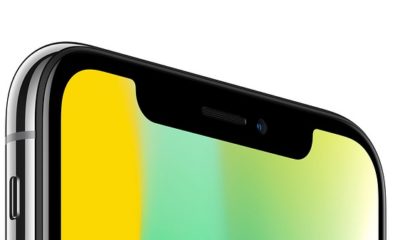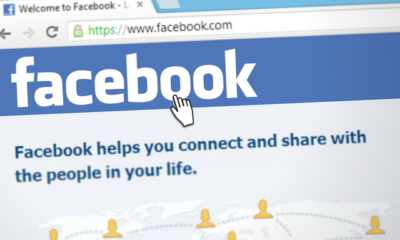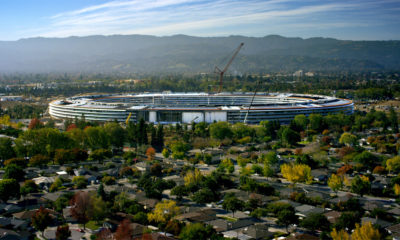Google is shuffling around some key personnel. The head of the Android division, Andy Rubin has stepped aside and will be replaced by current Chrome division head Sundar Pinchai. Pinchai will retain Chrome and will be concurrently heading Google’s Android efforts.
Where to Next for Andy Rubin?
Although there is no word yet on what Andy Rubin will be doing, it is expected that he will be active within Google, most probably in one of those divisions which are more hardware oriented. Rubin had once worked for Apple before he led Danger, the maker of T-Mobile’s Sidekick. Considered by some as the first true smartphone, it merged a browser with the phone.
Next stop for Rubin was Android, the company. He founded Android two years before it was bought by Google in 2005. Android, the operating system was launched in 2007, and the first Android phone was released in 2008. Since then it has become number 1 in terms of smartphone market share, and in annual sales. There are an estimated 750 million units of activated Android devices in use worldwide. Android enjoys a 75% market share in smartphones. Smartphone manufacturers like Android because it is open source and free. Google makes money from Android through the Google Play store, where apps are downloaded for installation on Android devices.
There is no indication that Rubin would be leaving Google anytime soon. Some speculate that he might be headed to the Google Glass project or Google’s automated car development. If any of these is true, then the Google X division is where he would end up.
Motorola Mobility is also a unit under Google’s Android division. Rubin has maintained a firewall between Motorola Mobility and Android development in order to maintain autonomy between the two. This also helps assure Android partners that Motorola would not have any advantage over other Android phones.
Merging Android and Chrome
With both Android and Chrome under Sundar Pinchai, he will be trying to find a way for the convergence of these two technologies without alienating partners and consumers. Android has a big following in smartphones and tablets, while Chrome has evolved from being a cross-platform Internet browser into an operating system. Android has not had limited success as a multimedia appliance OS, while Chrome is set to move in to the tablet space. Although both Chrome and Android OS are based on Linux, Android was created using Java, and was designed and optimized for small devices. On the other hand, the Chrome OS is a full implementation of Linux. Industry analysts believe that with these two divisions under a single person, the convergence would be done more smoothly. Although these are two overlapping products, the underlying technology are very different. Recently, Google released its first notebook running the Chromebook OS called the Pixel.
There are a lot of reasons for Rubin’s success with Android. He maintained a small core of employees working on the project. He also ran the division like a small startup. Unfortunately, he was also famous for holding meetings outside of the Google campus. In addition, the team creating the Chrome browser had a hard time coordinating with Android. The success led to making the Android group the mecca for manufacturers who wanted to have the OS in their phones.
Photo Credit: Andy Rubin















Facebook
Twitter
Pinterest
Google+
LinkedIn
Email